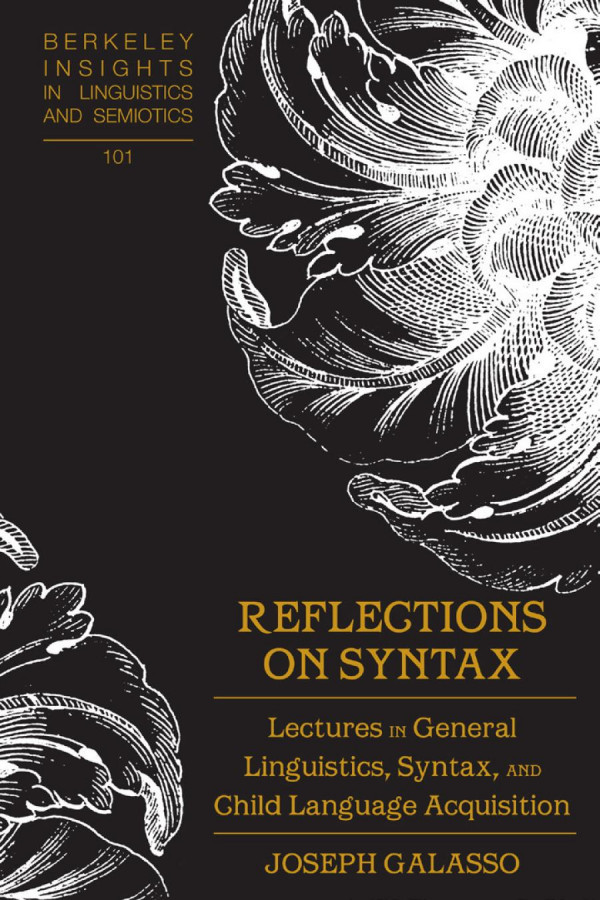

Most ebook files are in PDF format, so you can easily read them using various software such as Foxit Reader or directly on the Google Chrome browser.
Some ebook files are released by publishers in other formats such as .awz, .mobi, .epub, .fb2, etc. You may need to install specific software to read these formats on mobile/PC, such as Calibre.
Please read the tutorial at this link: https://ebookbell.com/faq
We offer FREE conversion to the popular formats you request; however, this may take some time. Therefore, right after payment, please email us, and we will try to provide the service as quickly as possible.
For some exceptional file formats or broken links (if any), please refrain from opening any disputes. Instead, email us first, and we will try to assist within a maximum of 6 hours.
EbookBell Team

5.0
60 reviewsThe lectures in this book are immensely Chomskyan in spirit, recursive-syntactic in nature, and tethered to a framework which takes as the null hypothesis the notion that language is an innate, pre-determined biological system―a system which by definition is multi-complex, human-specific, and analogous to a philosophy highly commensurate of Descartes’ great proverbial adage which announces the calling for a ‘ghost-in-the-machine’. The book begins with a gradual assessment of the kinds of complex constructs students of syntax need to work-up. Leading to the classic ‘Four-Sentences’―each of which bears as a kind of post-mark its own decade of Chomskyan analysis―we trace the origins of generative grammar from the fields of child language acquisition (of the 1960s), to psycholinguistics (of the 1970s), to where we stand today within the Minimalist Program. Various spin-off proposals have been spawned by envisioned analyses which treat syntactic movement as the quintessential human processing―a processing which would give rise to human language. Such spin-offs include ‘Proto-language’ and a new treatment of the so-called morpho-syntactic ‘Dual Mechanism Model’.